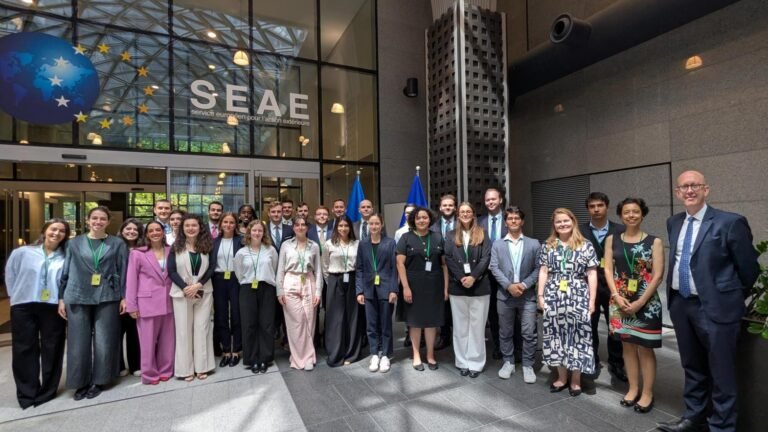
A new doctoral dissertation at the University of Eastern Finland has provided fresh insights into how oxygen deprivation (hypoxia) impacts gene expression and chromatin structure in the heart and blood vessels, with implications for conditions such as myocardial infarction and atherosclerosis.
Conducted by Oscar Liu, MSc, the research utilized a porcine ischemia heart model and advanced genomic tools to reveal how hypoxia activates specific genes and non-coding RNAs associated with inflammation, mitochondrial dysfunction, and vascular repair. Central to the findings are lysine demethylases (KDMs), enzymes that modify chromatin and regulate gene activity.
The study identified that KDMs become activated during atherosclerosis and hypoxia across cardiovascular cell types, including endothelial and smooth muscle cells, as well as cardiomyocytes. Hypoxia-inducible factors (HIF-1α and HIF-2α) were shown to drive this activation, influencing chromatin regions tied to angiogenesis. Two enzymes, KDM4B and KDM6B, were found to regulate VEGF-A expression, enhancing endothelial function and new blood vessel formation.
“These results highlight KDM enzymes as promising targets for therapeutic development in cardiovascular disease,” Liu said.
Liu’s dissertation, titled “Hypoxia-mediated regulation of transcription and epigenetics in cardiovascular tissues and cells,” will be publicly examined on 5 August 2025 at the Kuopio Campus.
Source: University of Eastern Finland






